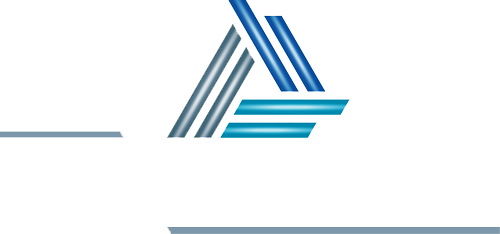Professor Michael Gantier leads the Nucleic Acids and Innate Immunity laboratory in the Centre for Innate Immunity and Infectious Disease at the Hudson Institute of Medical Research. He holds a Masters in Biological / Biosystems Engineering from the University of Technology, Compiegne, France and a PhD in Medicine and Therapeutics from University College, Dublin.
The central theme of Michael’s research is to define how nucleic acids (RNA and DNA) modulate immune responses. He joined Hudson Institute of Medical Research in 2006, working to define the interaction of RNAs with the innate immune system. This led to the discoveries of structural determinants of RNAs which underlie their capacity to activate or inhibit immune responses by Toll Like Receptors (TLRs), an area he continues to investigate. More recently, his laboratory discovered how immune responses could be engaged in damaged cells, with implications in infection, immunity, and cancer through the engagement of the cGAS-STING pathway.
Michael has led his own research group in the Hudson Institute since 2015. He has published 75 peer-reviewed publications and is an inventor on six PCT patents. Two of these patents were recently licensed to Noxopharm subsidiary Pharmorage. He received the prestigious Milstein Young Investigator award from the International Cytokine and Interferon Society (2010), and Oligonucleotide Therapeutics Society Young Investigator award (2014) among many other international and national awards.
Michael's work has been recognised and awarded a number of substantial grants, his work attracting over $7 million in total grants. He has been awarded an ARC Future Fellowship and, most recently, a $1.5 million NHMRC grant and a $1.5 million Victorian Government grant for work relating to the Hudson / Noxopharm collaboration.
As a respected expert in his field, Michael currently serves as Associate Editor for the prestigious journal Molecular Therapy-Nucleic Acids and the Journal of Interferon and Cytokine Research and is on the Advisory Board of Review Commons



